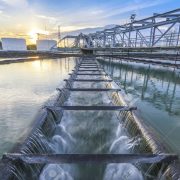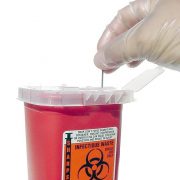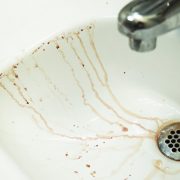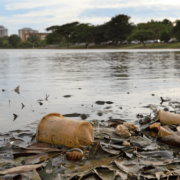One of the things we take for granted nearly every day is clean drinking water. When we are looking for a new home or business building, we automatically assume that it will have clean, running water. While this is not faulty thinking, have you ever wondered where your water comes from and how it is processed to be ready for use and consumption? In this article, you will learn where your water comes from, how it’s cleaned, the differences between public and private water treatment and why good water quality is so important.
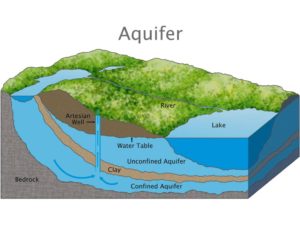 Where does our water come from?
Where does our water come from?
The first part of water treatment is collecting it. Natural or untreated water is collected from underground aquifers, like a well or from a surface source such as a lake or river. It then either flows or is pumped to a water treatment facility.
How does water treatment work?
Once the water arrives at the treatment facility, it is pre-treated in order to remove larger debris like silt and leaves. After that, the water will undergo a sequence of treatments. These include filtration and disinfection. Filtration and disinfection occur using either chemicals or a physical process. These treatments eliminate any disease-causing microorganisms.
Once the water completes this treatment regimen, it travels through a labyrinth of pipes and pumps known as a distribution system.
In-home Water Treatment
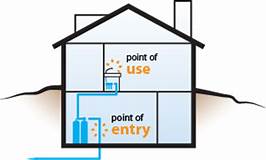
- Reverse Osmosis
- Ultraviolet Technology
- Activated Carbon
- Distillation
Point-of-Entry devices treat water intended for household uses such as laundry, dishes, showering, brushing teeth and flushing toilets. These include:
- Activated Carbon
- Ion Exchange
- Filtration
Public Distribution Systems Vs. Private Distribution Systems
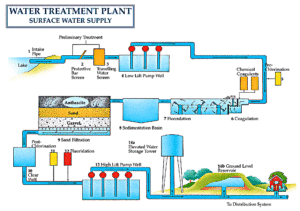
The city or town served by the public water treatment facility typically owns and operates the facility. The facility usually falls under the management of the city or town’s elected official, such as a mayor.
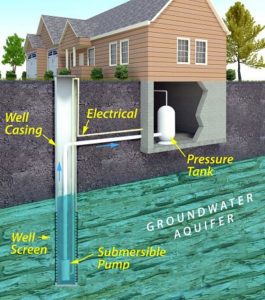
Regardless of the type of water treatment in question, they both must adhere to the water quality standards established by the U.S. Environmental Protection Agency (EPA).
Why is water quality important?
Water makes up 70% of the human body, making it vital to human life. The human body can go a month or more without food. Even a week without water, however, can be fatal. Not all water is beneficial, though. Drinking bad or unfiltered, untreated water can have severe health consequences, some even fatal.
How does water quality affect humans?
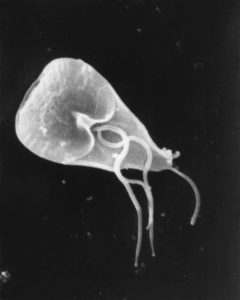
Giardia lamblia organism
The CDC states that the top causes of drinking water-related outbreaks are:
- Giardia
- Shigella
- Norovirus
- Hepatitis A
As scary as that sounds, that is just the tip of the iceberg when it comes to what can happen when you drink untreated water. Studies have shown high levels of lead in drinking water may cause delays in mental and physical development. Lead is also linked to learning difficulties and short attention spans in children. Again, this is just a short list of what can happen if you consume untreated water.
 How are appliances affected?
How are appliances affected?
Treated water also improves the performance of your water-using household appliances. Point-of-Use or Point-of-Entry filtration devices soften your water. Although hard water is not as detrimental as untreated water, it is still not an economical option.
Water softeners remove the harsh minerals that lead to buildup on your appliances, pipes, tubs, sinks, and dishes.
Hard water decreases your soap’s effectiveness, increasing the need for more soap or detergent. Soft water is also easier on your clothing, leaving it feeling soft and fresh. Hard water, on the other hand, will leave your laundry feeling stiff and scratchy.
Free from hard water buildup your showerheads, sink drains, tub drains, dishwasher and washing machine will be more efficient. This saves you money and leaves less of a carbon footprint.
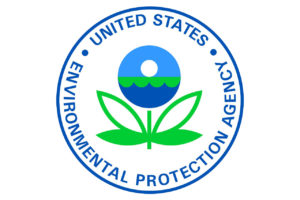
According to the CDC, every community water supplier must provide an annual report, called a “CCR” or Consumer Confidence Report. This report provides information on your local drinking water quality.
Stay tuned for our next article when we’ll discuss homeowner options when it comes to basic water treatment.



